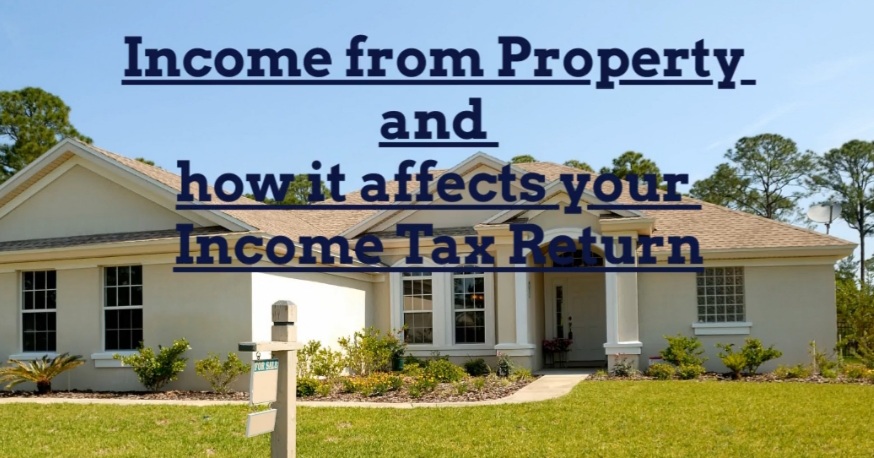A house property could be your home, an office, a shop, a building or some land attached to the building like a parking lot. The Income Tax Act does not differentiate between a commercial and residential property. All types of properties are taxed under the head ‘income from house property’ in the income tax return. An owner for the purpose of income tax is its legal owner, someone who can exercise the rights of the owner in his own right and not on someone else’s behalf.

When a property is used for the purpose of business or profession or for carrying out freelancing work – it is taxed under the ‘income from business and profession’ head. Expenses on its repair and maintenance are allowed as business expenditure.
Steps to Calculate Income from House Property
Here is how you compute your income from a house property:
- Determine Gross Annual Value (GAV) of the property: The gross annual value of a self-occupied house is zero. For a let-out property, it is the rent collected for a house on rent.
- Reduce Property Tax: Property tax, when paid, is allowed as a deduction from GAV of property.
- Determine Net Annual Value (NAV): Net Annual Value = Gross Annual Value – Property Tax
- Reduce 30% of NAV towards standard deduction: 30% on NAV is allowed as a deduction from the NAV under Section 24 of the Income Tax Act. No other expenses such as painting and repairs can be claimed as tax relief beyond the 30% cap under this section.
- Reduce home loan interest: Deduction under Section 24 is also available for interest paid during the year on housing loan availed.
- Determine Income from house property: The resulting value is your income from house property. This is taxed at the slab rate applicable to you.
- Loss from house property: When you own a self-occupied house, since its GAV is Nil, claiming the deduction on home loan interest will result in a loss from house property. This loss can be adjusted against income from other heads.
Note: When a property is let out, its gross annual value is the rental value of the property. The rental value must be higher than or equal to the reasonable rent of the property determined by the municipality.
Tax Deduction on Home Loans
- Tax Deduction on Home Loan Interest: Section 24
Homeowners can claim a deduction of up to Rs 2 lakh on their home loan interest, if the owner or his family resides in the house property. The same treatment applies when the house is vacant. If you have rented out the property, the entire home loan interest is allowed as a deduction.
However, your deduction on interest is limited to Rs. 30,000 instead of Rs 2 lakhs if both the following conditions stand satisfied:
- The loan is taken on or after 1 April 1999
- The purchase or construction is not completed within 5 years from the end of the FY in which loan was availed
Tax Deduction on Principal Repayment
The deduction to claim principal repayment is available for up to Rs. 1,50,000 within the overall limit of Section 80C. Check the principal repayment amount with your lender or look at your loan installment details.
- Conditions to claim this deduction-
- The home loan must be for purchase or construction of a new house property.
The property must not be sold in five years from the time you took possession. Doing so will add back the deduction to your income again in the year you sell.
Stamp duty and registration charges Stamp duty and registration charges and other expenses related directly to the transfer are also allowed as a deduction under Section 80C, subject to a maximum deduction amount of Rs 1.5 lakh. Claim these expenses in the same year you make the payment on them.
Tax Deduction for First-Time Homeowners: Section 80EE
Section 80EE recently added to the Income Tax Act provides the homeowners, with only one house property on the date of sanction of loan, a tax benefit of up to Rs 50,000.
